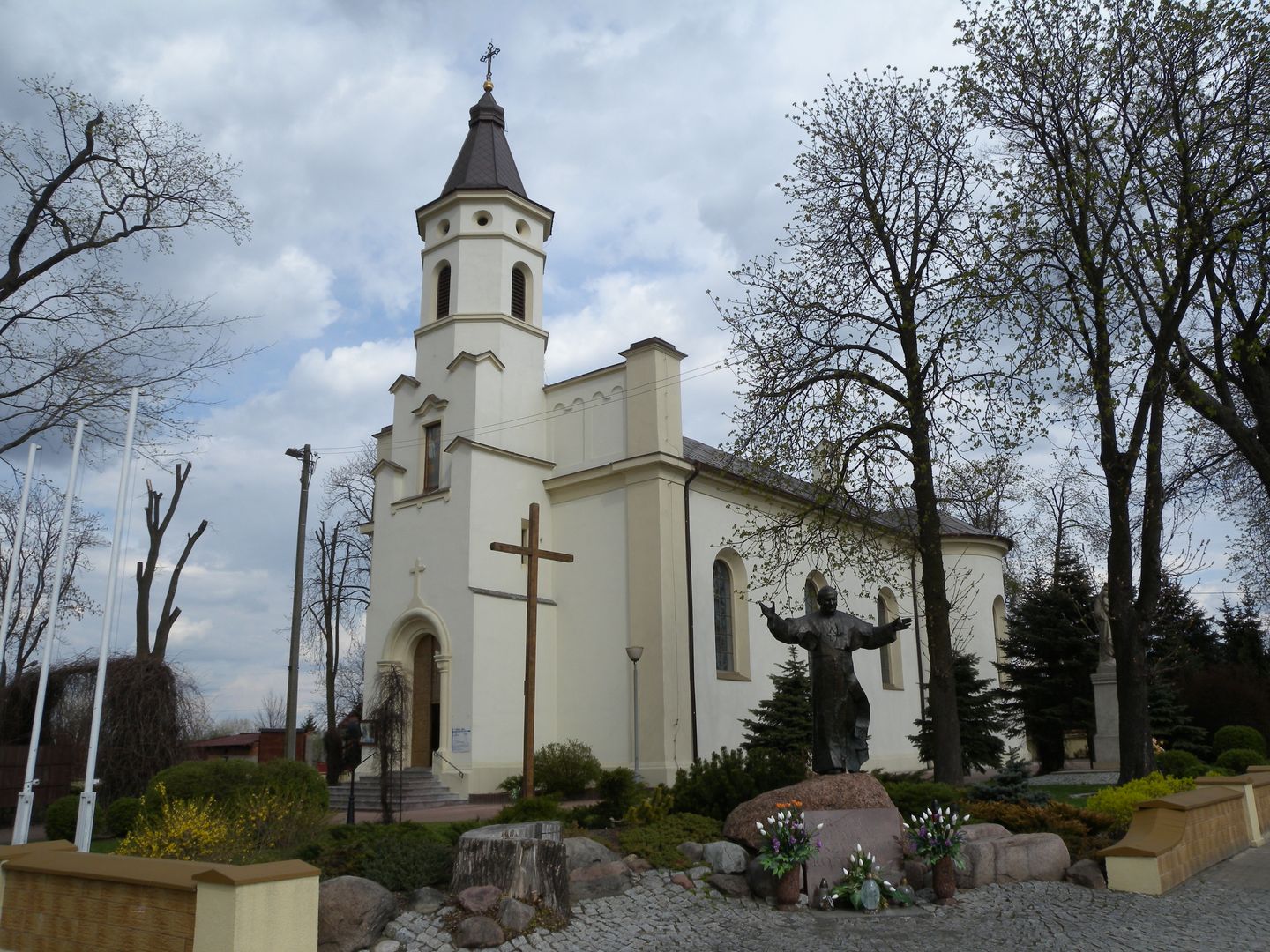Tuszyn
6.69

Overview
Tuszyn is a town in central Poland, located in the Łódź Voivodeship, approximately 15 km from Łódź. Its history dates back to 1223, and in 1416, the town was granted municipal rights by King Władysław Jagiełło. Over the centuries, it served as a center for royal hunts and trade, and in the 16th century, it developed thanks to crafts and the timber industry. In the 17th century, the town suffered during the Swedish Deluge, which led to its depopulation, but over time, the Jewish community contributed to its economic recovery. During the partitions of Poland, Tuszyn underwent various administrative changes, losing its town status in 1870, and its development was hindered by the expansion of Łódź. After World War I, the town regained its municipal rights in 1924, and during World War II, it was under German occupation. The town's parks and areas feature architectural landmarks, including the parish church of St. Vitalis the Martyr from the turn of the 19th and 20th centuries, as well as preserved residential buildings from that period. The town is rich in cultural traditions, home to the local sports club MKS 2000 Tuszyn and the Interschool Students' Sports Club in volleyball. Tourists are attracted by nearby nature reserves, cycling trails, the "Młynek" recreational center, and fish ponds. An interesting historical fact about Tuszyn is the 1951 plane crash that claimed 16 lives, including a famous pilot. The town is also religiously diverse, with a majority of Roman Catholics and a presence of Jehovah's Witnesses. Tuszyn maintains a partnership with the Ukrainian city of Bucha.
Location
2026 Wizytor | All Rights Reserved